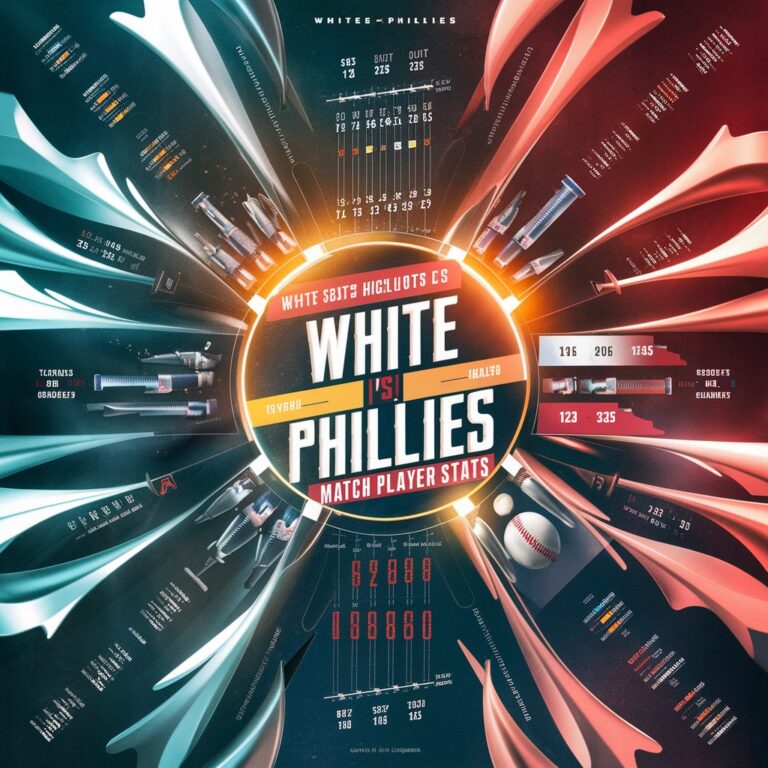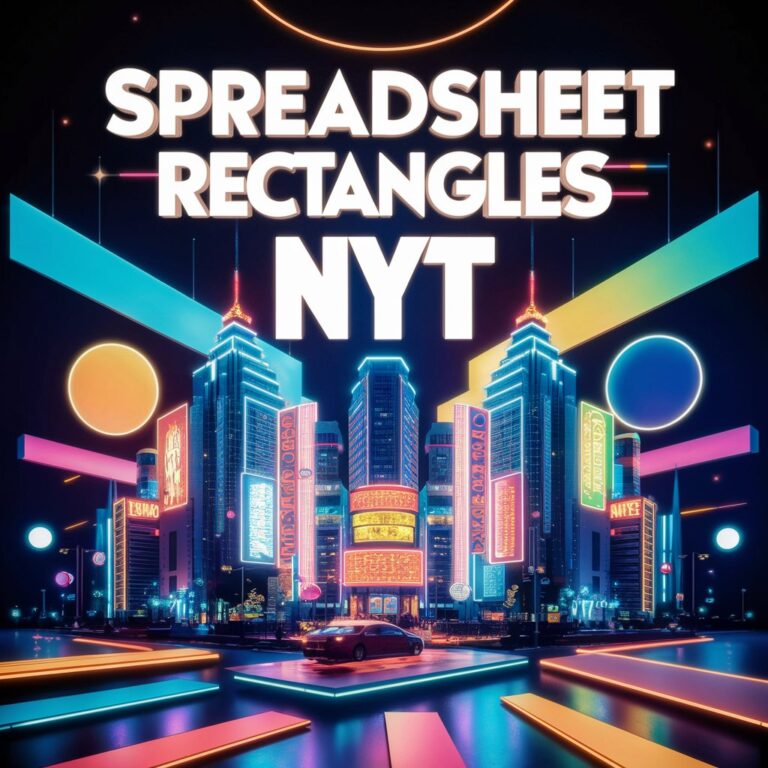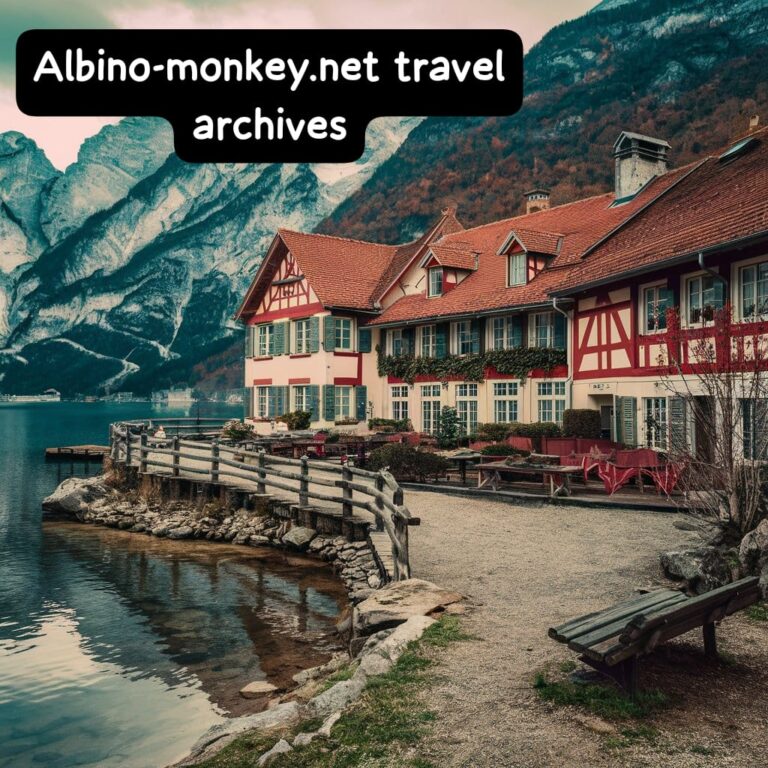Contents
- 1 Introduction to the Phrase Like Watery Coffee NYT
- 2 The Origins and Usage of Like Watery Coffee
- 3 The Role of Coffee in American Culture
- 4 The New York Times and Its Influence
- 5 Analyzing the Metaphor in NYT Reviews
- 6 Why Things Feel Like Watery Coffee
- 7 The Broader Implications
- 8 Improving Quality: Avoiding the Watery Coffee Label
- 9 FAQs about Like Watery Coffee NYT
- 10 Conclusion: Like Watery Coffee Nyt
Introduction to the Phrase Like Watery Coffee NYT
The phrase like watery coffee evokes an image of a cup of coffee that has been overly diluted, losing its robust flavor and becoming a pale imitation of what it should be. This metaphor extends beyond just the beverage, often being used to describe anything that falls short of expectations.
In this article, we delve into the various implications of the phrase “like watery coffee NYT,” exploring its origins, meanings, and broader cultural significance, particularly in the context of the New York Times (NYT) coverage and reviews.
The Origins and Usage of Like Watery Coffee
Historical Context
The phrase like watery coffee has been used in literary and colloquial language for decades. It typically signifies disappointment or a lack of substance. The imagery it invokes is universally understood: a weak, flavorless coffee is a far cry from the rich, aromatic experience one anticipates.
Cultural Significance
In the cultural context, particularly within American society, coffee is more than just a beverage—it is a ritual, a comfort, and a necessity for many. Therefore, describing something as “like watery coffee” is to underline its inadequacy starkly.
The Role of Coffee in American Culture
Coffee as a Cultural Staple
Coffee holds a significant place in American culture. From bustling urban coffee shops to the quiet morning brew at home, it is a part of daily life. The phrase like watery coffee NYT taps into this cultural touchstone, using it as a metaphor for inadequacy and disappointment.
Coffee in Media and Literature
In literature and media, coffee often symbolizes warmth, energy, and comfort. When something is described as like watery coffee, it suggests a deviation from these positive connotations, implying a lack of satisfaction and depth.
The New York Times and Its Influence
The NYT’s Role in Shaping Opinions
The New York Times (NYT) is one of the most influential newspapers in the world. Its reviews and articles can make or break reputations, shape public opinion, and set cultural trends. When the NYT describes something like watery coffee, it carries significant weight and resonates with a broad audience.
Instances of Like Watery Coffee NYT
Over the years, there have been instances where the NYT’s critiques have used similar metaphors to describe various subjects, from books to movies to political performances. This phrase captures the essence of those reviews, highlighting a common theme of unmet expectations.
Analyzing the Metaphor in NYT Reviews
Literary Critiques
In literary critiques, the NYT often uses vivid metaphors to describe the strengths and weaknesses of a book. Describing a novel as like watery coffee suggests that it lacks the depth, flavor, and engagement expected by readers.
Film and Media Reviews
When it comes to films and media, the NYT’s use of such metaphors can influence public perception significantly. A movie described as like watery coffee may be seen as lacking in substance, failing to deliver a compelling story or engaging experience.
Political Commentary
In political commentary, the phrase can be particularly potent. Describing a political speech or policy as like watery coffee underscores its failure to inspire or provide meaningful solutions, reflecting the public’s discontent.
Why Things Feel Like Watery Coffee
Lack of Depth
One of the primary reasons something might be described as like watery coffee is a lack of depth. Whether it’s a piece of writing, a movie, or a political statement, if it doesn’t offer substantial content or provoke thought, it feels insubstantial.
Failure to Meet Expectations
Another reason is the failure to meet expectations. When there is a high anticipation for something, but it falls short, the disappointment is akin to expecting a rich, robust cup of coffee and receiving a watery, flavorless brew instead.
Poor Execution
Sometimes, good ideas suffer from poor execution. The concept might be strong, but if the delivery is weak, it ends up feeling like watery coffee.
The Broader Implications
Impact on Public Perception
When influential sources like the NYT describe something as like watery coffee, it significantly impacts public perception. This metaphor encapsulates a collective disappointment and can sway opinions.
Reflection of Cultural Standards
This phrase also reflects cultural standards and expectations. In a society that values richness, depth, and quality, something that falls short is quickly labeled and dismissed.
Improving Quality: Avoiding the Watery Coffee Label
Enhancing Depth and Substance
To avoid being described as like watery coffee, creators and performers must focus on enhancing the depth and substance of their work. This involves thorough research, thoughtful execution, and a commitment to quality.
Meeting or Exceeding Expectations
Setting realistic expectations and striving to meet or exceed them is crucial. Understanding the audience’s desires and delivering accordingly can prevent the disappointment that leads to such metaphors.
Refining Execution
Good ideas need equally good execution. Attention to detail, rigorous editing, and quality control can ensure that the final product is robust and satisfying, much like a perfect cup of coffee.
FAQs about Like Watery Coffee NYT
What does the phrase like watery coffee NYT mean?
The phrase like watery coffee NYT is a metaphor used to describe something that is disappointing, lacking in depth, or falling short of expectations. It is often used in reviews and critiques to convey a sense of inadequacy.
Why is the NYT’s opinion so influential?
The New York Times is a highly respected and widely read publication. Its reviews and opinions carry significant weight and can influence public perception and trends.
How can creators avoid their work being described as like watery coffee?
Creators can avoid this by focusing on delivering depth, meeting or exceeding audience expectations, and ensuring high-quality execution. Attention to detail and a commitment to quality are key.
Has the NYT used similar metaphors in the past?
Yes, the NYT has a history of using vivid metaphors in its reviews and critiques to convey the strengths and weaknesses of various subjects. Describing something as like watery coffee is part of this tradition.
What impact does such a description have on public perception?
When the NYT describes something as like watery coffee, it can significantly impact public perception, leading to a collective sense of disappointment and potentially influencing the success or failure of the subject in question.
Conclusion: Like Watery Coffee Nyt
The phrase like watery coffee NYT encapsulates a powerful metaphor for disappointment and inadequacy. Rooted in the cultural significance of coffee and the influential voice of the New York Times, this phrase highlights the importance of depth, substance, and quality. By understanding the implications of this metaphor and striving to avoid its pitfalls, creators and performers can ensure that their work meets the high standards expected by their audience. As we continue to navigate a world filled with reviews and critiques, the lesson remains clear: always aim to deliver a rich, robust, and satisfying experience, just like a perfect cup of coffee.





















+ There are no comments
Add yours